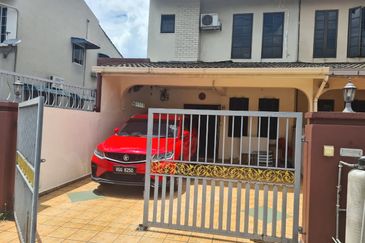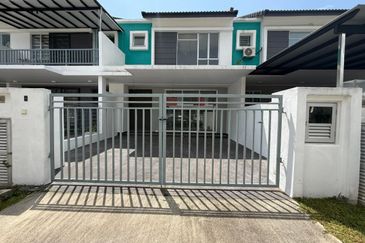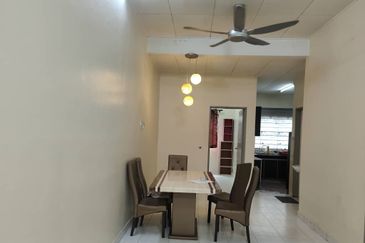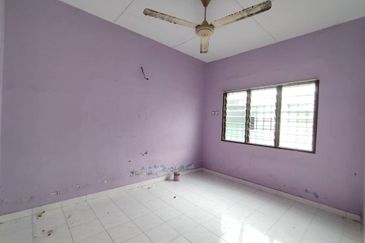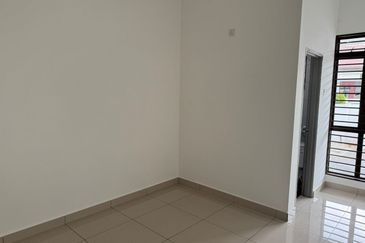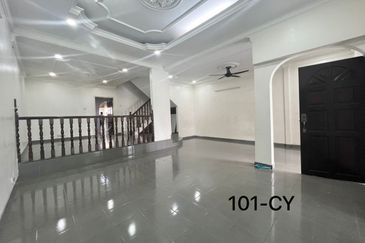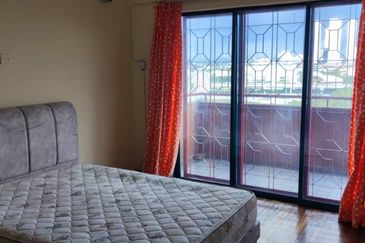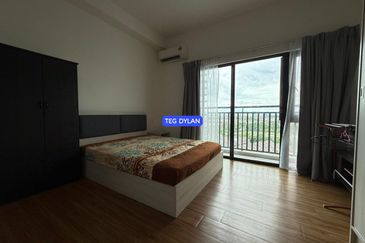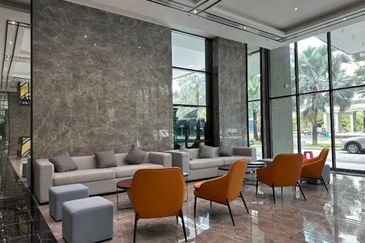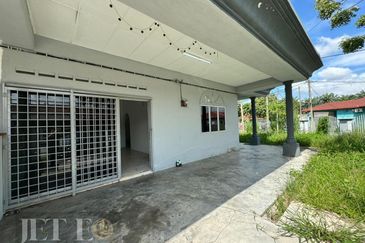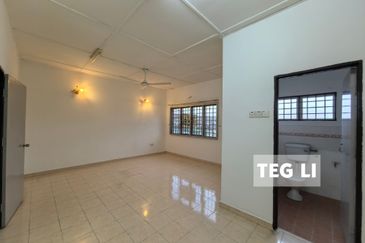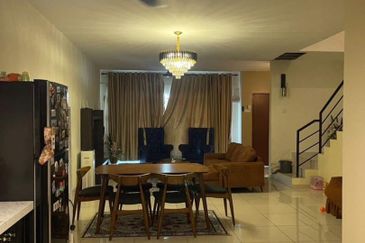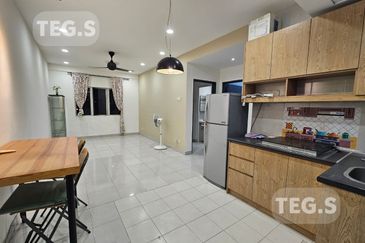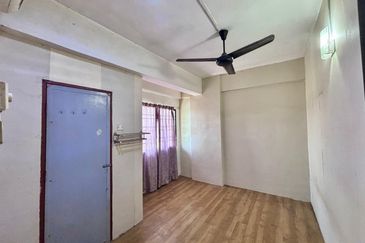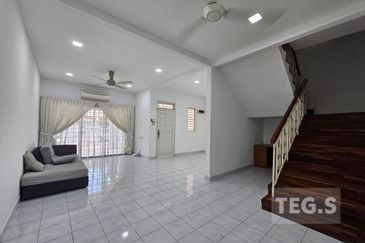PETALING JAYA (July 9): Malaysia is among the top 10 countries in the Asia Pacific region to receive cross-border capital from foreign investors, said global property consultancy firm Knight Frank in a press release today on its latest Active Capital report.
The report looks into the sources and destinations of cross-border investments in commercial real estate and highlights five themes shaping the next phase of global real estate investment: late cycle investing, capital gravity, the reinvention of capital, “nownership’ and the value of data.
Knight Frank Malaysia executive director of capital markets James Buckley said Malaysia saw an 18% y-o-y increase in cross border capital in 1Q2019 with overseas investors carefully watching the progress of the new government which have made some encouraging progress in tackling corruption and cutting costs, particularly the renegotiation of Chinese-backed infrastructure projects.

“With high supply in the office and retail sectors, we are particularly focused on alternative real estate sectors such as car parking, educational and logistics investment properties where the fundamentals are stronger. We have also seen good demand from overseas groups for hospitality assets.
“We anticipate that there will be rising repositioning opportunities for older office buildings where increasing vacancy may lead owners to consider alternative uses,” Buckley added.
For the period between 1Q0218 to 1Q2019, China retains its top spot as the largest recipient of cross-border capital in Asia Pacific as the Middle Kingdom’s economic prowess continues to attract attention from foreign investors followed by other countries such as Australia, South Korea, Japan and Singapore -- mature economies commonly viewed as safe havens in the eyes of key investors such as REITs, private equity firms and hedge funds, the report noted.
The report also highlighted the implications for real estate investors in the late cycle environment, arguing that many markets will not see returns hit recent highs.
Knight Frank Asia-Pacific head of research Nicholas Holt explained that with on-going trade tensions and heightened economic uncertainties, many Asia-Pacific central banks have opted for a more dovish stance on their monetary policies as economies start decelerating.
“In the past six months alone, five Asia-Pacific central banks have cut their benchmark interest rates following weaker than expected 1Q2019 Gross Domestic Product growth. While this will support real estate pricing, given the stage in the cycle, investors searching for higher returns are increasingly pivoting towards alternative assets and fringe markets,” said Holt.
Meanwhile, the report also pointed out that the global residential sector had undergone some transformation in recent years, especially in developed countries, as occupiers across all-age groups began to adopt an asset light model, preferring to rent rather than own their residence – thus creating a proliferation of co-living spaces.
“In some developed Asian markets such as Hong Kong and Singapore, with the scarcity of land as well as high property prices, developers see the opportunity to fill the gap with co-living spaces targeting young professionals,” said Knight Frank Malaysia executive director of capital markets Allan Sim.
Sim explained that similar to how the co-working trend which has gained traction in Malaysia, the idea of co-living which shares similarities with co-working is expected to take shape, especially in well-connected business districts.
“Challenges in the property market have also prompted developers to be more creative in generating expected revenue, resulting in the emergence of developments with co-living elements.
“For example, co-living spaces such as Co-Coon Co-Living KL by Tan & Tan Developments Bhd and the incoming Lyf Raja Chulan Kuala Lumpur by The Ascott Ltd are beginning to make inroads into Malaysia.
“The demand for co-living spaces, which is intertwined with co-working, is poised to grow in the mid-term given rapid urbanisation coupled with the shift in lifestyle habits especially among the millennial generation,” Sim concluded.
TOP PICKS BY EDGEPROP
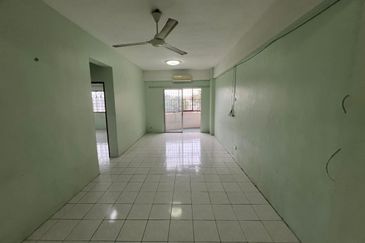
Perdana Villa @ Taman Sentosa Perdana
Shah Alam, Selangor
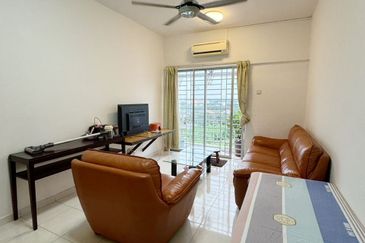
Pelangi Heights Condominium Phase 2
Klang, Selangor




